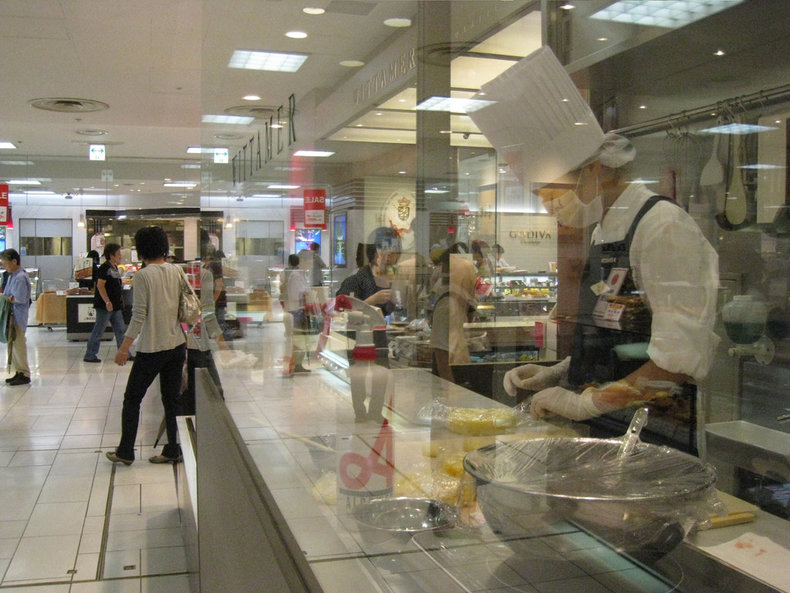
Retail
A retail chain that can add new stores without negatively affecting same-store sales. A popular brand may be able to add stores in many cities without experiencing negative impacts on same-store sales. This tends to be profitable as fixed costs such as product development can be shared between more stores.Information Technology
In some cases, an information technology product has structural, design or infrastructure issues that prevent it from scaling to meet higher business demand.Sales
When you hire salespeople they need to bring in far more revenue than their salary. If they don't, it can be an indication that your business model isn't scalable.Capital
An airline has 100 profitable routes between major cities. As they add more planes, they start to cover less lucrative routes and find that such routes aren't profitable.Marketing
A firm spends $10,000 on promotion and finds that it increases sales by $100,000. Encouraged, they spend $100,000 on promotion and find that it increases sales by $105,000. The firm decides that their promotion strategy doesn't scale.Manufacturing
A sports equipment company is able to decrease unit costs dramatically when they shift from producing 1,000 units a day to 12,000 units a day.Operations
The shipping department of an ecommerce company can ship 100,000 packages a day with 100 employees. They hire 100 more employees and find that capacity only increases to 150,000. They decide that their current processes don't scale and invest in optimizations such as automation.| Overview: Business Model Scalability | ||
Type | ||
Definition (1) | A business that is able to decrease unit costs as it expands. | |
Definition (2) | A business that is able to grow profitably. | |
Related Concepts | ||




























